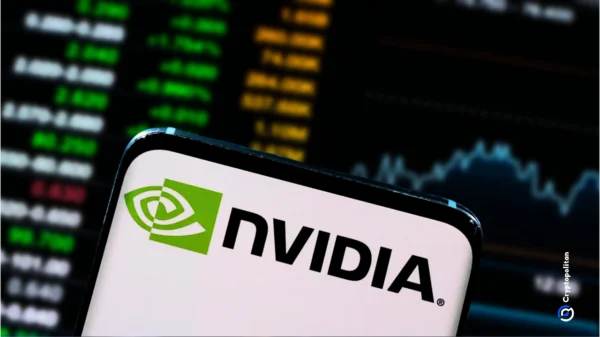Harvard University has made headlines by significantly increasing its investment in Bitcoin through spot exchange-traded funds (ETFs), as revealed in recent filings with the Securities and Exchange Commission (SEC). The prestigious institution now holds 6,813,612 shares of BlackRock”s IBIT, amounting to a valuation of approximately $442.8 million. This marks a staggering 257% increase compared to the 1,906,000 shares valued at around $117 million reported in the second quarter.
This strategic pivot is noteworthy for an endowment known for its traditionally conservative investment approach. Harvard”s decision to enhance its Bitcoin holdings coincides with a broader trend of institutional adoption of cryptocurrency within the traditional finance framework. Additionally, the university has also expanded its gold ETF holdings through the GLD ETF, which grew nearly 100%, increasing from 333,000 shares in June to 661,391 shares, valued at $235 million. This dual expansion demonstrates a concerted strategy towards alternative assets amid ongoing uncertainties in monetary policy.
With this latest allocation, Harvard University emerges as one of the top institutional stakeholders in IBIT. Previously ranked 29th among IBIT shareholders as of the second quarter, the university”s enhanced position reflects growing confidence in Bitcoin as a viable long-term investment option, despite the inherent price volatility that characterizes the digital asset.
Market analysts consider Harvard”s move significant due to the endowment”s size and influence in the investment community. Managing one of the largest university endowments globally, Harvard”s investment decisions often serve as barometers for broader trends in institutional asset management.
The launch of Bitcoin ETFs in early 2024 has revolutionized the manner in which large institutions interact with cryptocurrency markets. These instruments provide essential regulatory oversight and investment structures that align with institutional risk management frameworks, attracting pensions, insurance companies, and sovereign wealth funds.
The timing of Harvard”s expanded investment is particularly striking, especially in light of prior skepticism expressed by a Harvard economist and former IMF official, who suggested in 2018 that Bitcoin was more likely to drop to $100 than reach $100,000 by 2028. Currently, Bitcoin trades above $104,000, challenging those earlier predictions.
The Bitcoin ETF market has witnessed remarkable growth since its inception, attracting a total of $60.8 billion in net inflows. Trading volumes have surpassed $1.5 million, underscoring strong market demand. BlackRock”s IBIT is the leading fund in this sector, managing over half of all assets held in U.S. spot Bitcoin ETFs, capturing more than 35% of total inflows. Just last month, IBIT garnered $1.2 billion in new capital, pushing its assets under management to over $19.4 billion.
Recent data highlights sustained institutional interest, with U.S. spot Bitcoin ETFs recording $524 million in inflows on a single day, marking their strongest performance since early October. BlackRock”s IBIT led the way with $224.2 million, followed by Fidelity”s FBTC and Ark 21Shares” ARKB.
As the cryptocurrency landscape evolves, other institutions are following Harvard”s lead. For instance, Brown University, another member of the Ivy League, held over $13 million worth of IBIT shares as of August. At the time of writing, Bitcoin is trading at approximately $96,019.37, reflecting a 5.85% decline over the past week.















































































